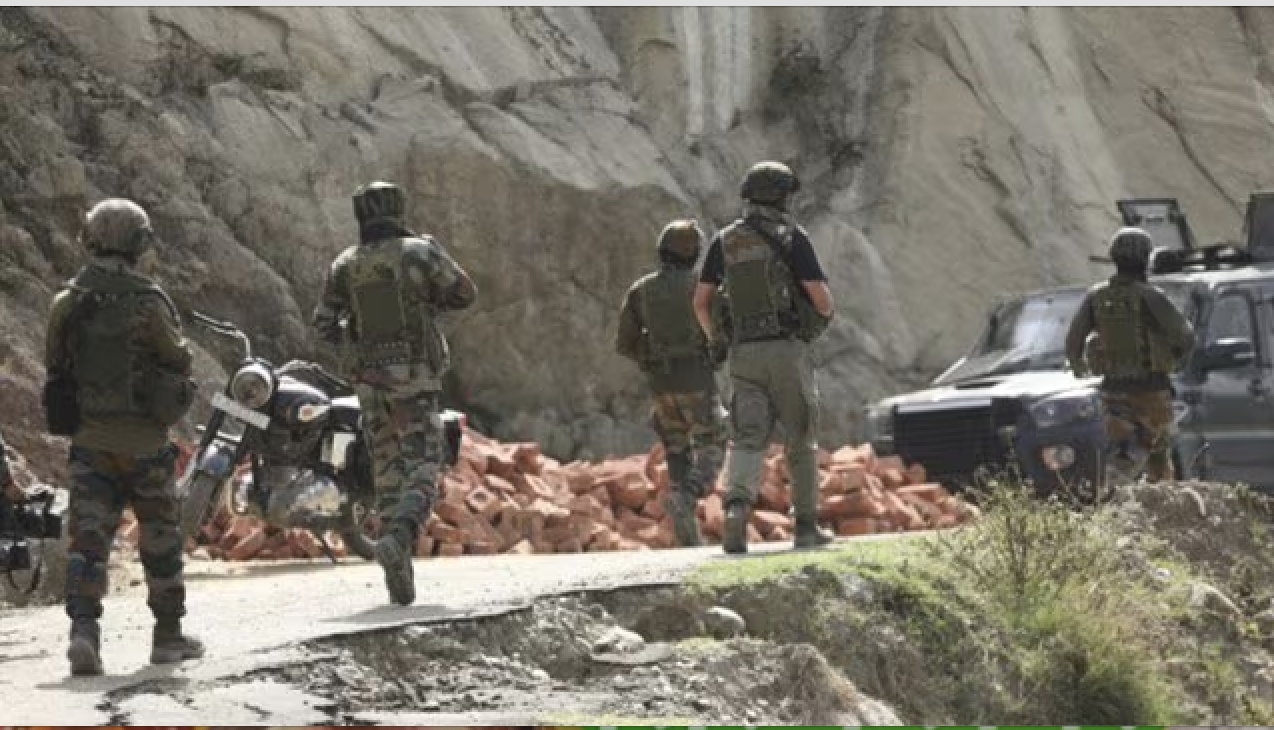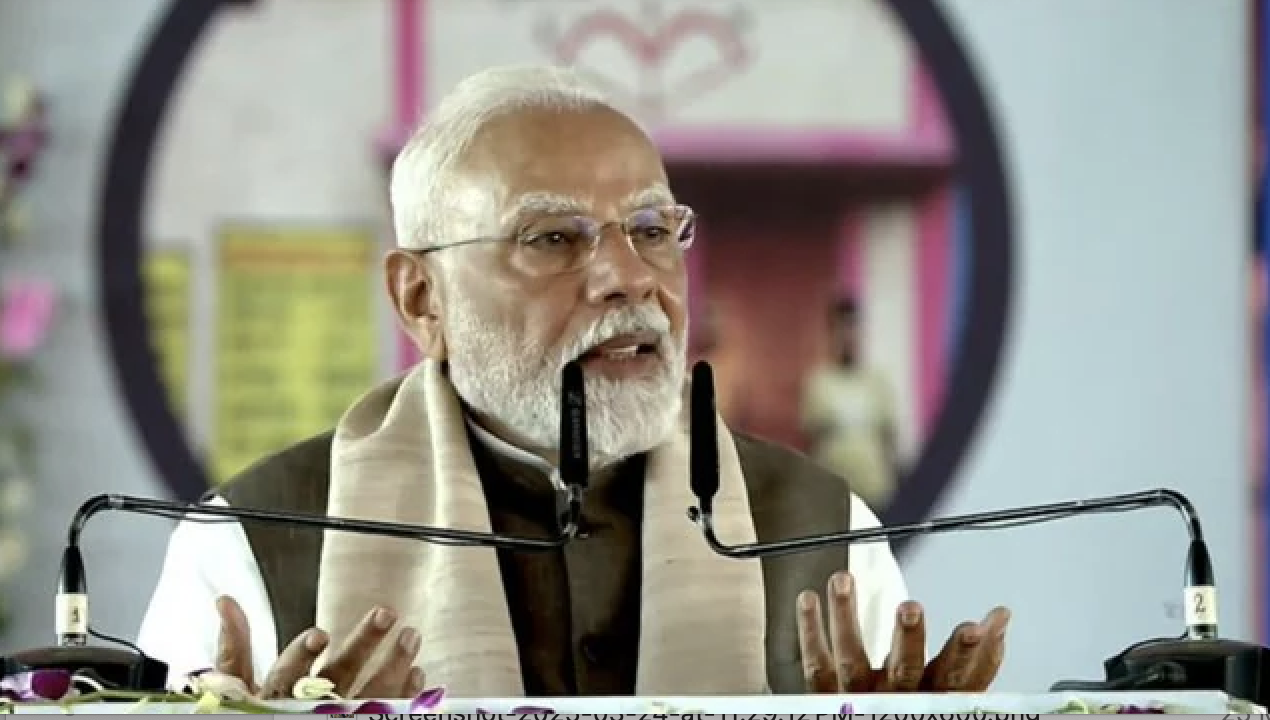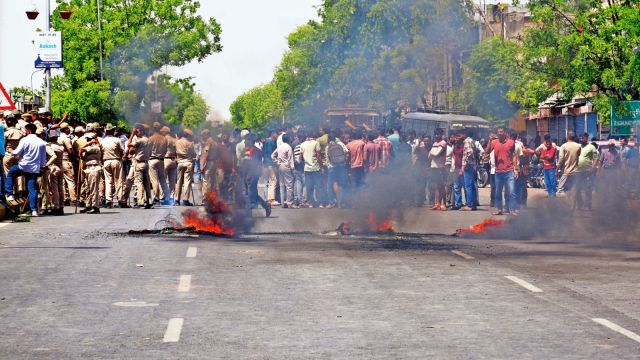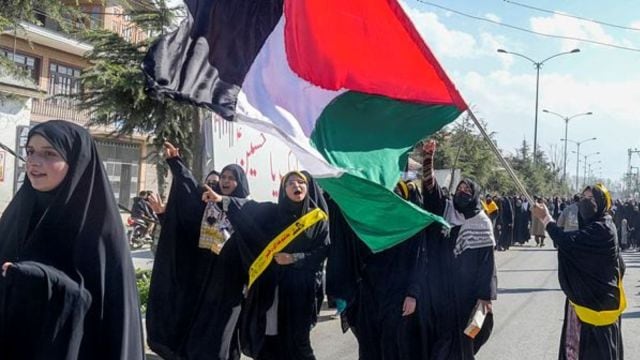
By Team
India’s civic space is rated as ‘repressed’ by the CIVICUS Monitor. In recent years, the government has misused the draconian anti-terror Unlawful Activities (Prevention) Act (UAPA) and other laws to keep activists behind bars and fabricate cases against activists and journalists for undertaking their work. The authorities have blocked access to foreign funding for NGOs using the restrictive Foreign Contribution (Regulation) Act (FCRA), and human rights defenders and journalists in Indian-administered Jammu and Kashmir continue to be targeted.
A new CIVICUS Monitor report, published ahead of the 2024 elections held in April and May, highlighted how civil society organisations have faced an increased crackdown through cancellation of their registrations, raids and investigations by law enforcement agencies.
In March 2024, UN human rights experts sounded the alarm over reports of attacks on minorities, media and civil society in India and called for urgent corrective action as the country prepares to hold elections in early 2024. They noted reports of violence and hate crimes against minorities; dehumanising rhetoric and incitement to discrimination and violence; targeted and arbitrary killings; acts of violence carried out by vigilante groups; targeted demolitions of homes of minorities; and intercommunal violence, as well as the misuse of official agencies against perceived political opponents.
This continued to play out during the elections. Speaking at a rally in the western state of Rajasthan on 21st April 2024, Indian Prime Minister Narendra Modi made inflammatory statements against the country’s 200 million Muslims of the country, referring to them as ‘infiltrators’, which has been perpetuated by the ruling Bharatiya Janata Party (BJP) and its allies to portray them as outsiders. Further, Modi also referred to Muslims as ‘those who have more children’, a conspiracy theory that suggests that Indian Muslims produce more children intending to eventually outnumber the Hindus of the country.
Nearly 20,000 citizens wrote to the election commission seeking action and an independent investigation into the matter. The rights group People’s Union of Civil Liberties demanded that Modi be disqualified from contesting elections for his hate speech. On 25th April, the Election Commission of India sought a reply from the President of the BJP, JP Nadda over the Prime Minister’s targeting of Muslims in the campaign speech.
The Geneva-based UN-linked Global Alliance of National Human Rights Institutions (GANHRI), deferred granting accreditation to India’s National Human Rights Commission (NHRCI) for the second year in a row. The decision was taken on 1st May 2024 during the meeting of the Sub Committee on Accreditation and could affect India’s ability to vote at the Human Rights Council and some UN General Assembly bodies. In March 2024, human rights groups wrote to GANHRI sharing their concerns about the functioning of the NHRCI, including the failure to effectively discharge its mandates to respond to the escalating human rights violations in India, in particular against human rights defenders, lack of pluralism in selection and appointments of its duty holders, and insufficient cooperation with human rights bodies, amongst others.
In recent months, there were reports of politically motivated charges brought against opposition leaders. The authorities have also revoked visa privileges of diaspora critics and barred an academic from entering the country. An indigenous human rights defender was arrested under the UAPA, a law which has kept activists behind bars for long periods. India was ranked poorly again in world press freedom rankings as it continues to target journalists with arrests and harassment. WhatsApp may shut services due to pressure from the government to break chat encryption.
This story was originally published in monitor.civicus.org. Read the full story here.






